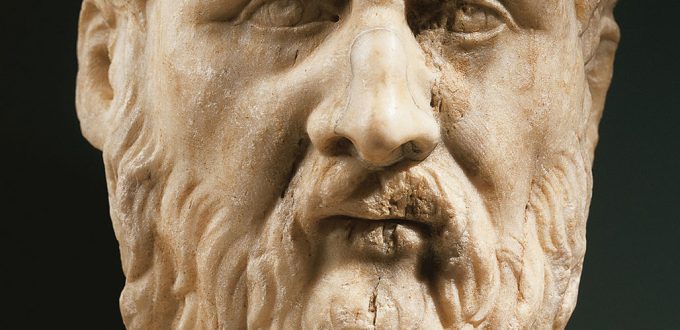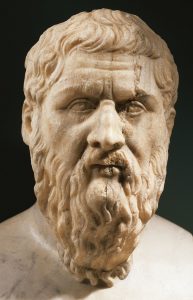Reluctant Readers
by Debra Conley
Boys are more often reluctant readers than their female counterparts. I am comfortable laying some of the blame on our society’s expectation of boys. There is still a stigma attached to boys who are interested in reading but maybe not in sports. Too many schools overemphasize sports and pressure young people to be involved. The rigorous practice and game schedule has gotten out of hand and the young reader finds little time for outside pleasure reading. Parents are challenged to find reading fascinating enough that the student will make time to read.
I’ve reviewed Max Elliot Anderson’s books before, but his newest ones are better than ever. For those of you unfamiliar with Anderson, he has been involved in Christian films for youth and written programs for them (some on PBS) for years and has a solid reputation as a writer of Christian materials for young readers.
An admitted reluctant reader as a boy, Anderson captivates the adventure bug in all boys with his strong plots, always weaving a mystery into the adventure that draws in readers of either gender. He favors the Northwest and its rustic settings in many of his books, appealing to all young boys’ interest in cowboy and wilderness lifestyle reminiscent of the pioneer age.
To my students, I dubbed Anderson as the Christian equivalent of Jack London in his ability to bring the thrill of wildlife experience and new frontier adventure to life. The big difference is that unlike London, Anderson knows there is a Creator of all this outdoor beauty right down to the creatures that inhabit it. Anderson never falls to the wrong side of that fine dividing line between right and wrong, nor is the reader ever in question as to what is right or wrong. Anderson’s clear Christian ethics and open testimony always make the case for what is morally right. Some reviewers found this offensive or uncomfortable; I found it refreshing.
My favorite so far is Big-Rig Rustlers because the bigger-than-life Wyoming ranch life comes through in a vicarious experience that rivals the real. I don’t know any young boy who wouldn’t like to experience life on a working cattle ranch, ride horses with the round-up team, and help solve the problems and mysteries that arise. Buy a ten gallon hat for this adventure!




